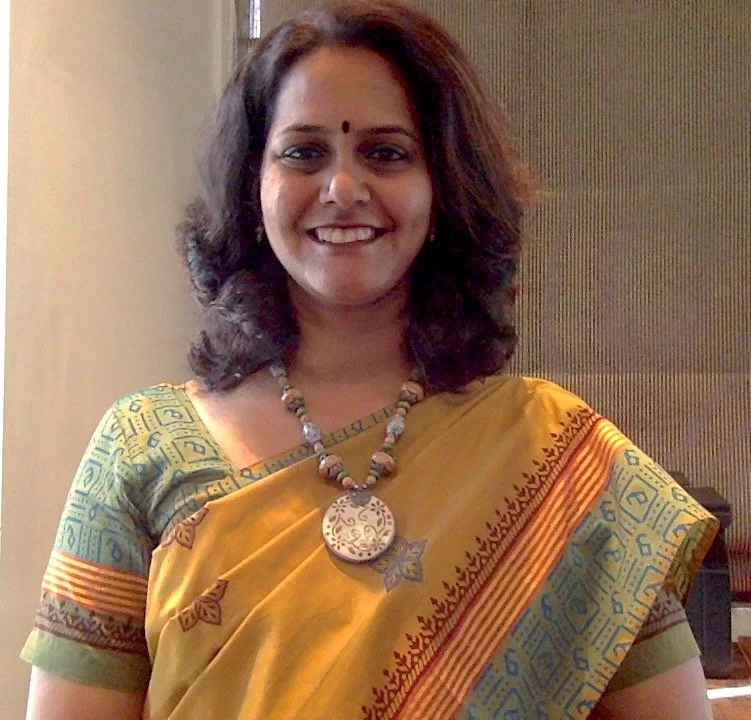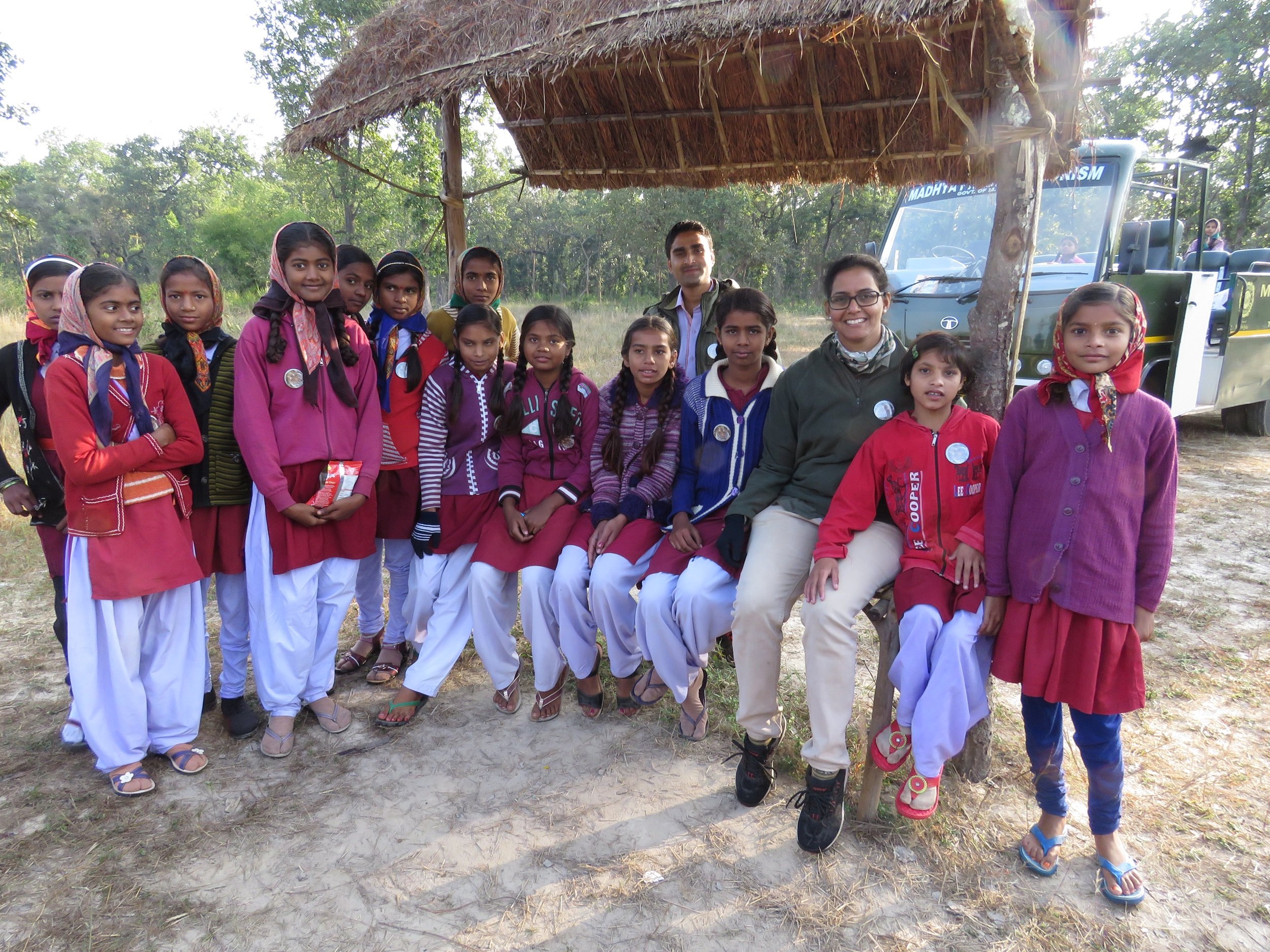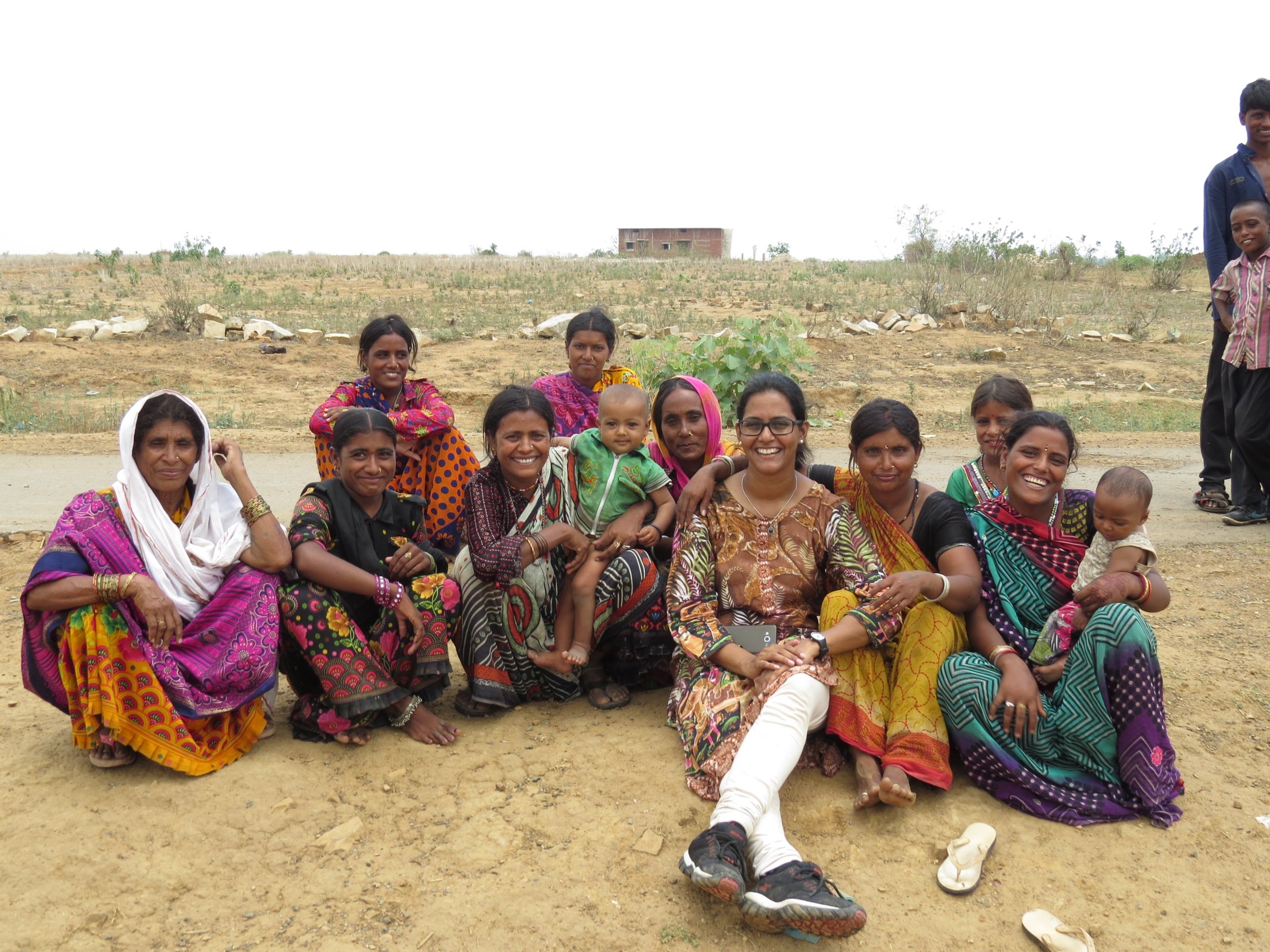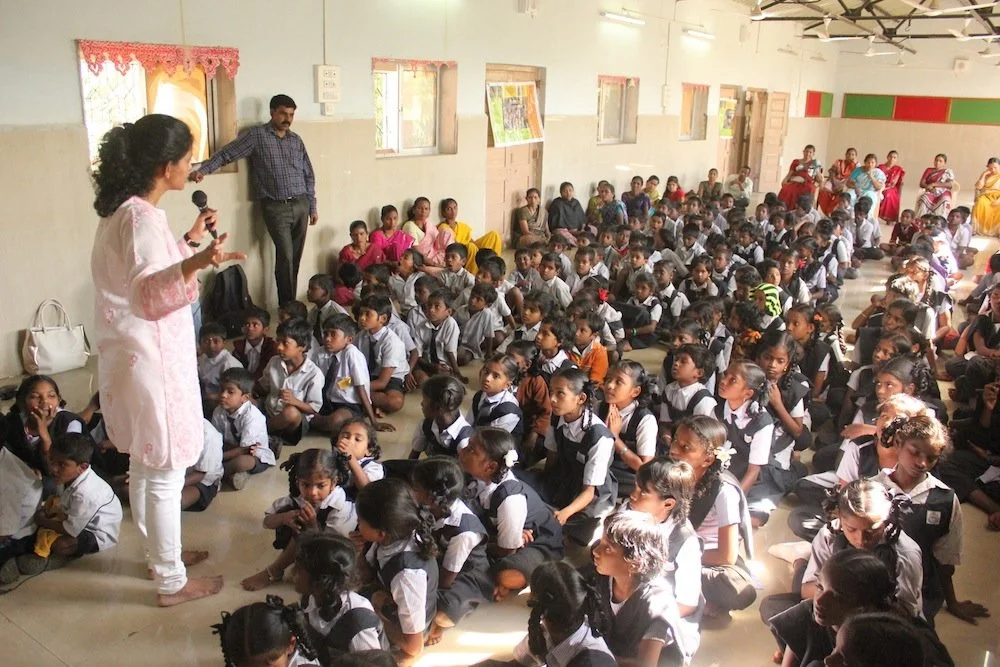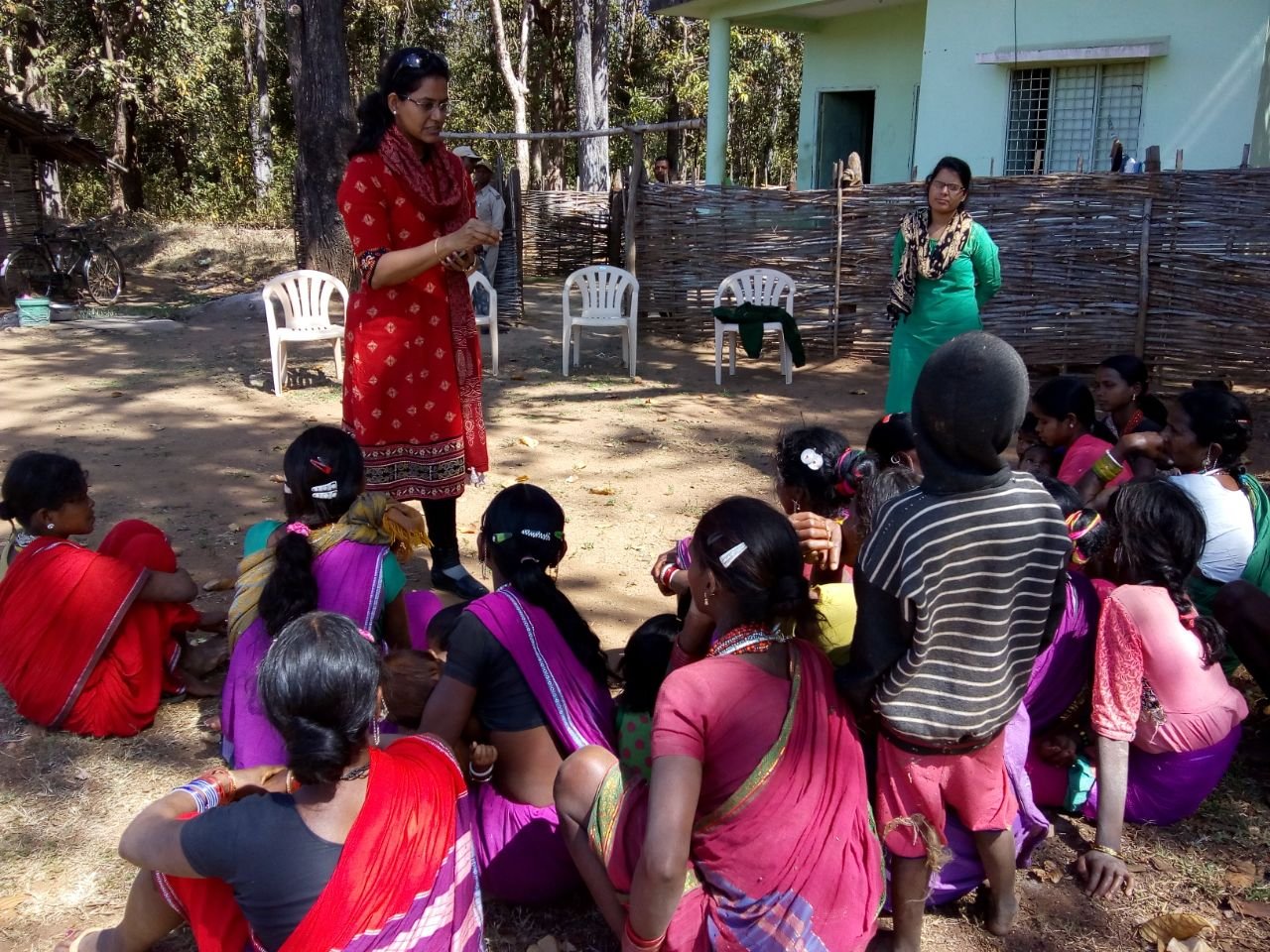Last Wilderness Foundation Director Vidya Venkatesh is Leading the Way in India's Wildlife Conservation
I believe each of us on this planet have an inherent love for nature from the time we're born. I'm yet to come across anyone who doesn't like nature, that's how powerful nature is! It's only a matter of time that we all get to give back something to nature. Today’s woman dreamer, Vidya Venkatesh, is the Director of the Last Wilderness Foundation, an organization leading the way for India’s wildlife conservation. A passionate environmentalist, Vidya shares the most rewarding projects she has worked on, her advice to other women interested in the field, and her dream for India to emerge as a knowledge partner to the rest of the world in the field of Human-Wildlife Coexistence practices. Enjoy her inspiring story!
1. Tell us your story. What inspired your passion for environmentalism and protecting the wilderness?
I believe each of us on this planet have an inherent love for nature from the time we're born. I'm yet to come across anyone who doesn't like nature, that's how powerful nature is! It's only a matter of time that we all get to give back something to nature. My induction into the world of wilderness happened when I attended one of the Volunteer Training Programmes (VTPs) conducted by WWF-India in 1998, which proved to be a life-changer for me. After this, there was no looking back and I started getting addicted towards wilderness and wildlife. Throughout my 13 years of corporate career, I spent every single weekend, holiday and vacation in one or the other forests of India. My love to be in the forest increased over these years and this is when I had made up my mind that one day I would give back something to mother nature.
2. You are the Director of Last Wilderness Foundation, and what are some key lessons you have learned in your journey there?
Since my journey into wilderness has been from a very different background, I consider myself to be lucky to have been able to learn the skills from the corporate world and implement it into this field of Wildlife Conservation. From the many lessons that I've learnt from my journey, some of the key lessons have been
1) anyone from any background can work here successfully, there are no limitations to contribute towards wildlife conservation
2) Passion & commitment is a necessity, without these 2 traits, it is very difficult to work in this field
3) Identifying your stakeholders and your beneficiaries is one of the most important steps
4) Building trust and goodwill is first step towards working with the local community members.
3. Tell us more about your work here. What need does the organization aim to solve, and what were some of the most rewarding initiatives you were a part of?
Wildlife Conservation is a vast subject. Our organisation focuses on reduction & mitigation of Human-Wildlife Conflict and promoting Co-existence. Our work involved working with the local communities around the Tiger Reserves in Central India by partnering with the Madhya Pradesh Forest Department. Some of our most rewarding initiatives have been working with the Baiga and the Pardhi tribes on their alternate livelihood projects. These communities are dependent on the forests for their living, thus, working on a sustainable alternate livelihood option was a challenge, given their constraints of each of these communities. The Baiga jewellery project, which is a traditional skill of the Baiga tribe, took us 1 year from the initial discussion till we finally got the products to the shops. With Similarly, the Pardhis, being a hunting tribe, had immense knowledge about the forests and wild animals. This triggered various discussions with the community members time and again to understand how we could tap their knowledge and make it useful for them to earn a living in the legal way. With support from the Panna Forest Department and Taj Safaris, we managed to train 15 community members, both girls & boys, as nature guides. Partners like Abercrombie & Kent have also helped in supporting this community through their tourism model. Today the Pardhi members lead the 'Walk with the Pardhis' programme that caters to domestic as well as international tourists, sharing their knowledge about wildlife and forests. This also gives them an opportunity to showcase their talent of mimicking calls of birds and animals as well as using their skill of carving through handcrafted beads and whistles. These programmes have not only enabled the community members to earn a living but have also helped in preserving their traditional skills & knowledge for the future generation.
4. What is your advice to other women interested in learning more/getting involved in environmental & sustainability organizations?
As a woman, I feel I have the advantage of interacting freely with the women folk in the community and exchanging experiences from our day-to-day lives. It always helps to interact with community members as the acceptance becomes easy. Also, empathy is a skill that can prove to be very useful while working with communities. As for challenges, honestly, I haven't really faced any challenges of being a woman in this field, in my career of more than a decade in this field. Of course, the usual precautionary measures have to be taken care of while traveling alone etc, as we always do in cities too.
5. As the platform for women dreamers, what is your next big dream?
I strongly believe that the tolerance levels of Indians to wildlife is very high. My dream is to make India emerge as a knowledge partner to the rest of the world in the field of Human-Wildlife Coexistence practices.

